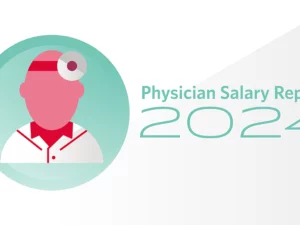Working locum tenens can help OB/GYNs find better work/life balance and more time to pursue their passions.
Category - Physician Resources
According to this year's report, OB/GYNs saw salary increases, but many work long hours and struggle with work/life balance.
Learn about pulmonology and critical care physicians' take on pay trends and job satisfaction.
Explore the 2024 gastroenterologist salary report, highlighting steady income growth and key compensation trends.
Discover general surgeons' 2024 annual salaries, what they find most rewarding, and rates of supplemental work.
Explore oncologists' annual pay in 2024, what they value most in their careers, and how many pursue supplemental work.
Emergency medicine salaries have risen, according to a 2024 report. Find out more about the state of pay for EM physicians.
The majority of anesthesiologists are content with their pay, according to a anesthesiology salary report in 2024.
Here are the highest-paying states for physicians in 2024, including metro areas that offer above-average salaries.
Medcape's 2024 physician salary report shows physician pay is up, notably for self-employed and Midwest doctors.










